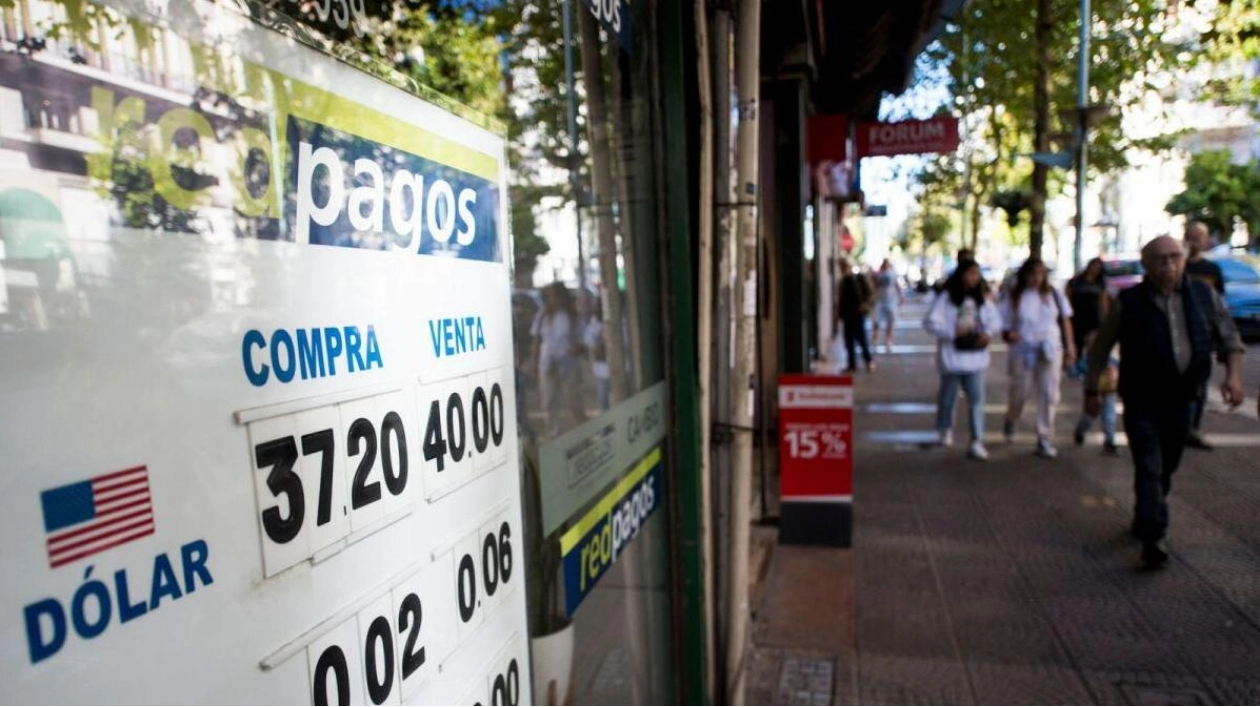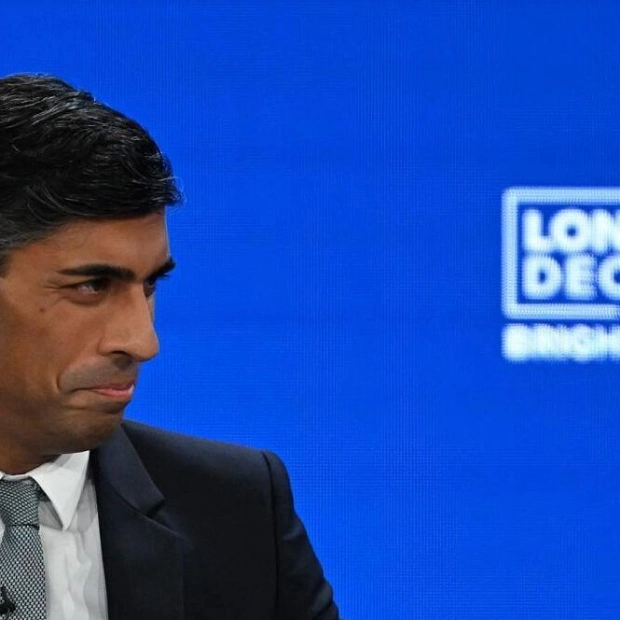A sustained risk appetite drove an emerging market currency index to a record high on Monday, as investors were confident that the US Federal Reserve would implement a significant interest rate cut during a week filled with other key central bank policy decisions.
The MSCI index for emerging market currencies reached a lifetime high, rising for the fourth consecutive session, following its largest single-day gain since August 19 on Friday. The stocks gauge also hit an over one-week high, rising for the third straight day.
While the US Fed is widely expected to cut rates on Wednesday, the debate centers on the magnitude of the cut, with market expectations leaning towards 50 basis points (bps), according to LSEG data. This follows the European Central Bank's 25-bps cut last week.
"The Fed will likely deliver another cut in November and December, but each by 25 bps. Attention will be on the dot plots and Powell's assessment of the economy. The 2024 dot plots are expected to be lowered," said Mohit Kumar, chief economist for Europe at Jefferies.
Lower US rates could provide emerging market central banks with more flexibility to ease their own policies and support domestic growth, barring any volatility and uncertainty surrounding the US presidential election.
Latin America and emerging Europe have spearheaded the easing cycle, which has already begun in half of the emerging markets tracked by Reuters. The Bank of England and Bank of Japan are among other prominent central banks set to deliver policy decisions this week, with the yen reaching its highest levels in over a year.
The South African rand strengthened by 0.7% against the dollar to an over one-week high, while the yield on the benchmark 2030 government bond decreased by 4 bps. Investors are also preparing for a local inflation report this week.
Hong Kong shares reversed early losses to close higher, as investors evaluated another set of underwhelming economic data, reinforcing the case for aggressive stimulus to support the economy and achieve its annual growth target.
Mainland equity, bond, and foreign exchange markets were closed for the mid-autumn festival break and are set to resume trading on Wednesday. Poland's blue-chip stock index lost nearly 2%, dragged down by a 4% decline in insurer PZU due to concerns over the impact of severe flooding.
Additionally, Sri Lankan and Indonesian stock markets were closed due to public holidays. Major stock markets in the Gulf also rose ahead of the Fed decision, buoyed by strong oil prices, which are a catalyst for Gulf financial markets. Monetary policy in the Gulf Cooperation Council often aligns with the Fed's decisions, as most regional currencies are pegged to the US dollar.






